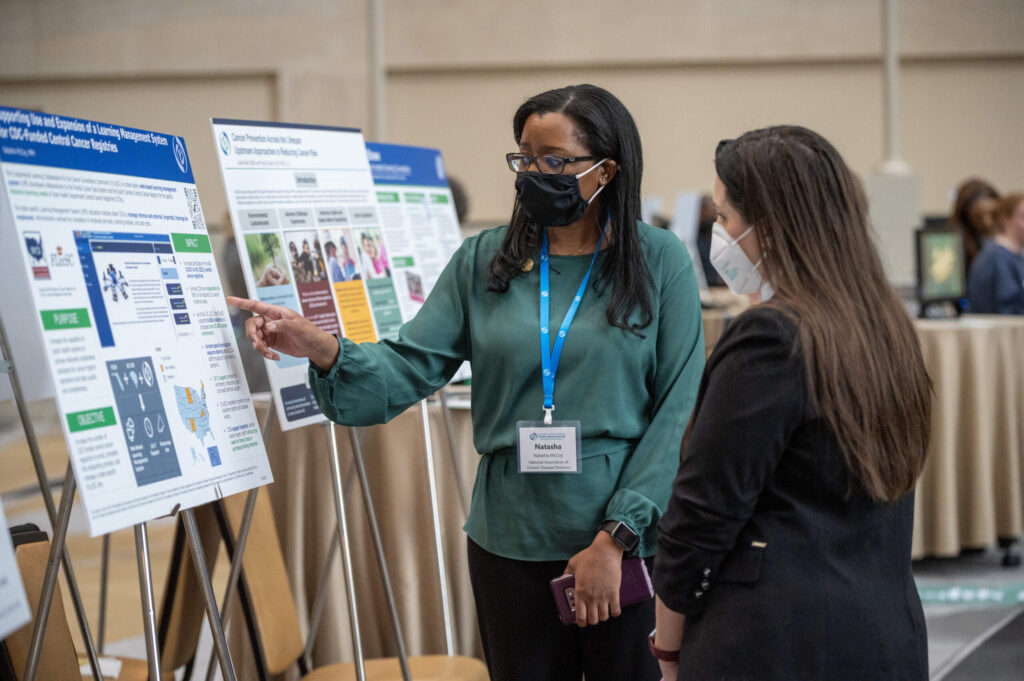
NACDD Chronic Disease Competency Learning Opportunities
The Center for Public Health Leadership offers a variety of self-paced virtual courses for Chronic Disease Directors, emerging leaders, and practitioners. Learning opportunities listed in this database are designed to align with the Chronic Disease Competencies.

